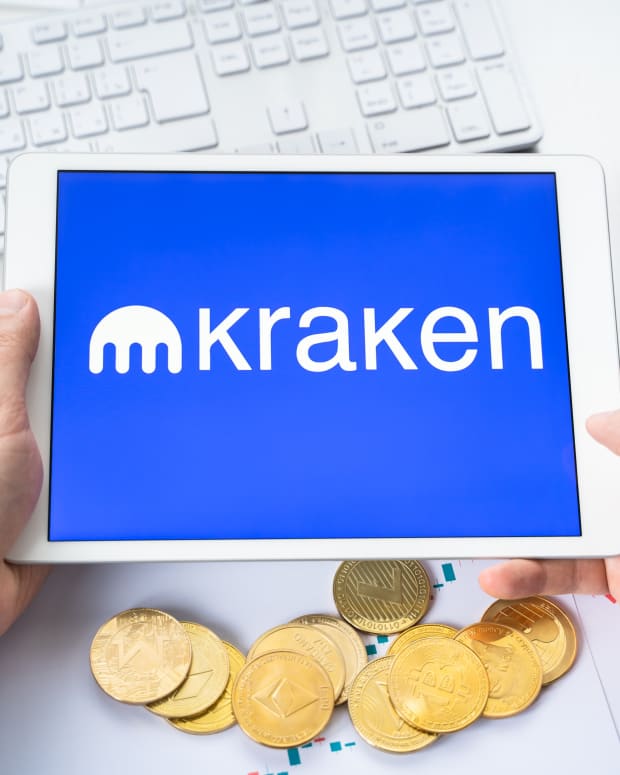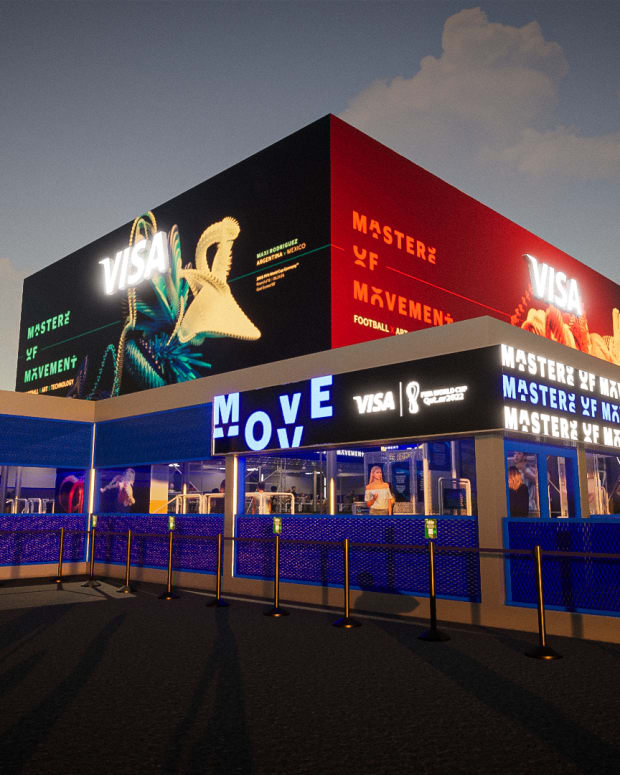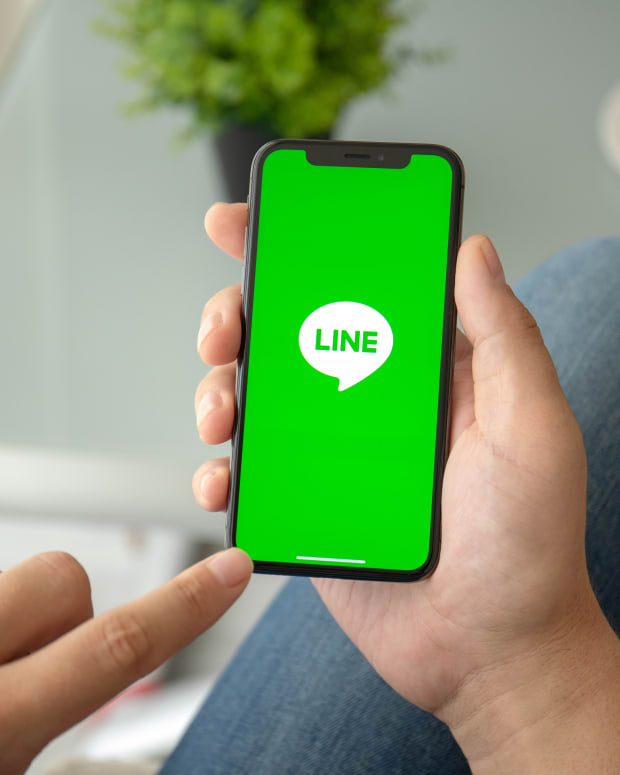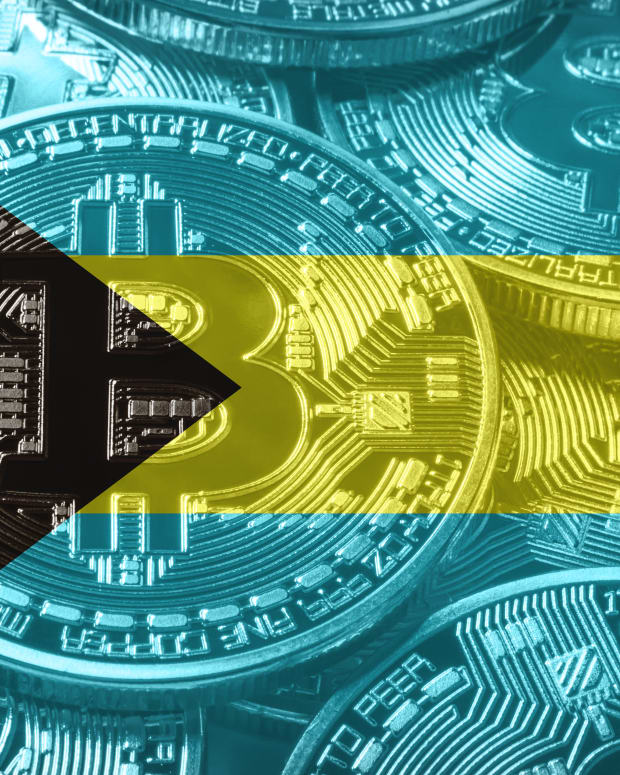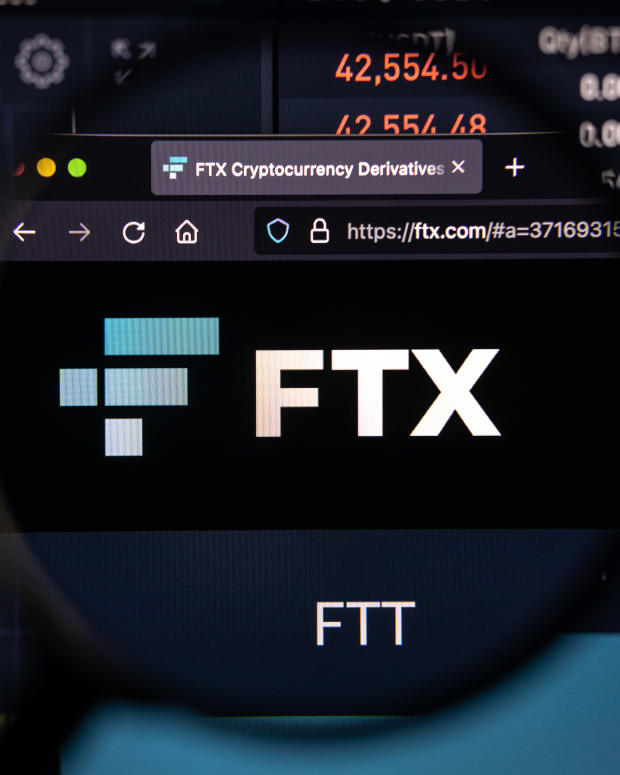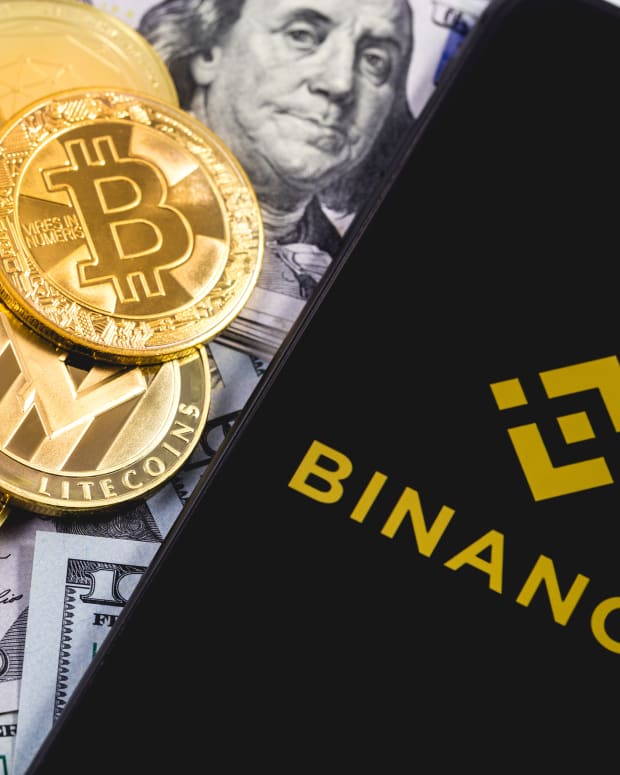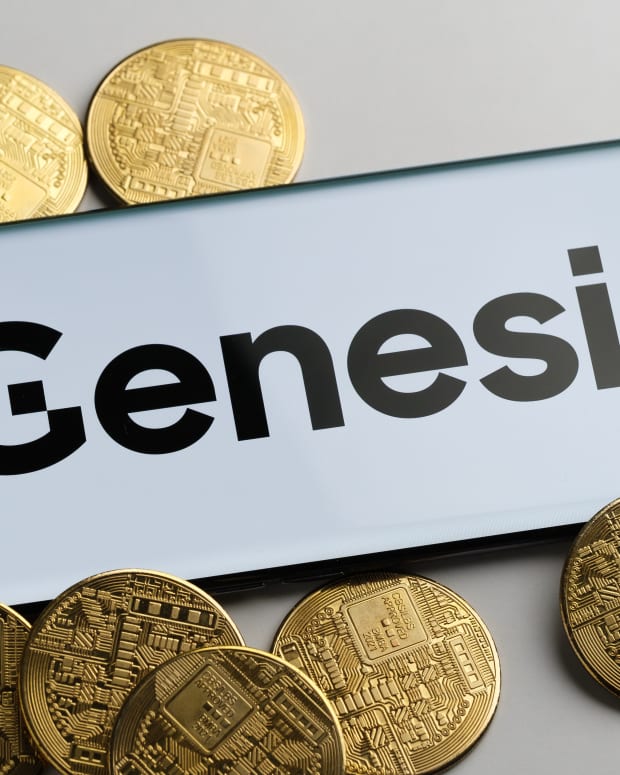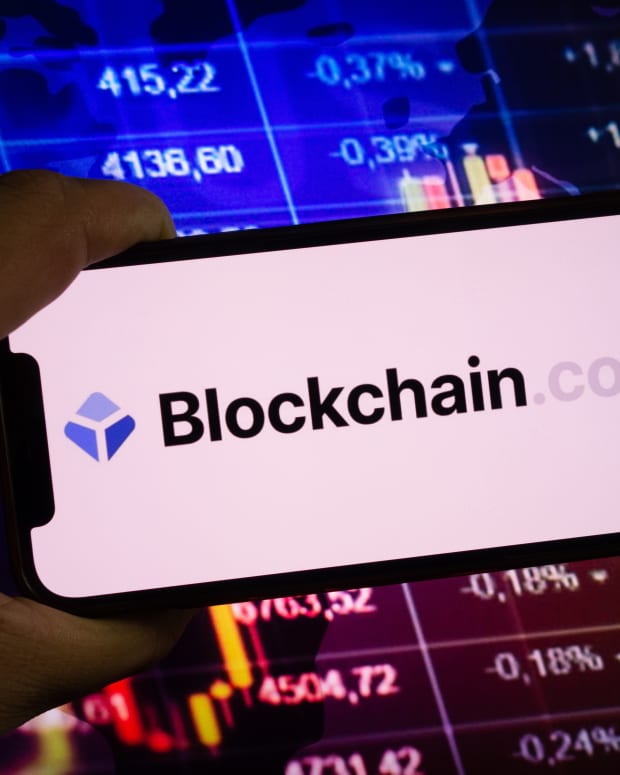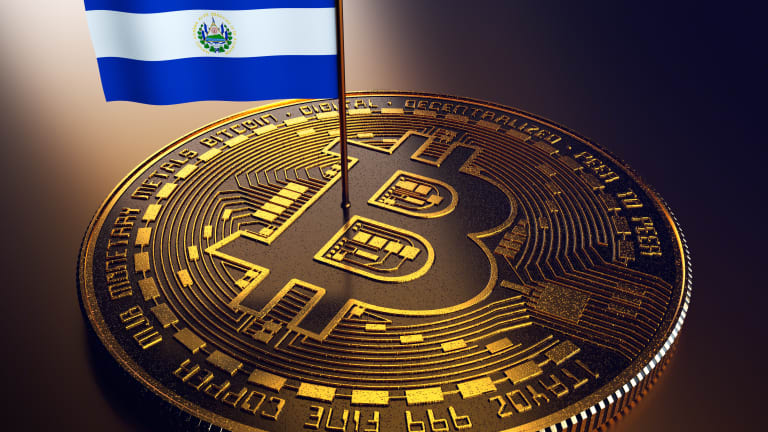
Report: El Salvador Bank Refuses to Disclose Bitcoin-Related Data
Bandesal, the state-run development bank of El Salvador, has labeled the country's Bitcoin purchases "confidential" in a recent report, claiming that it cannot share information on how the Central American country has been using or spending its Bitcoin money. The bank manages the country's Bitcoin funds.
Last year, El Salvador became the first country in the world to declare Bitcoin legal tender.
However, a public watchdog group in El Salvador, the Anti-Corruption Legal Advisory Center (ALAC), has condemned the lack of transparency around Bitcoin accounting.
“The confidentiality limits the possibility for citizens to access and receive information on the operations carried out with public funds by Bandesal,” ALAC said in a tweet.
According to some reports, the country has lost $60 million in Bitcoin due to the crypto winter, and is facing a staggering debt-to-GDP ratio of nearly 90%, making it increasingly likely that El Salvador may plunge into a debt default.
"Economically, I can say that nothing has changed,” El Salvador resident Edgardo Acevedo told CNBC about the country's economic turmoil.
El Salvador 's investments in Bitcoin are shrouded in secrecy, often only known to the public through President Nayib Bukele's Tweets and logged by websites like Nayib Tracker.
When El Salvador's experiment with Bitcoin was first unveiled last year, the government promised $30 in Bitcoin to every citizen through the Chivo wallet. However, in April, a report from the U.S. National Bureau of Economic Research (NBER) revealed that less than a quarter of users were still using the app, and only 9% of those citizens were using it for Bitcoin transactions.
Many businesses in the country still do not accept Bitcoin.
In fact, the vast majority of Chivo users are actually using it as a regular digital wallet. In a country where nearly 70% of the population is unbanked, it's clear why. Bukele promoted Bitcoin as a path to greater financial inclusion, and managed to achieve it – for U.S. dollar transactions more than Bitcoin ones.
“Just as most households using Chivo prefer to keep their money in cash rather than in Bitcoin, 88% of firms convert their Bitcoin into dollars,” NBER’s Laurent Belsie wrote in the report.


